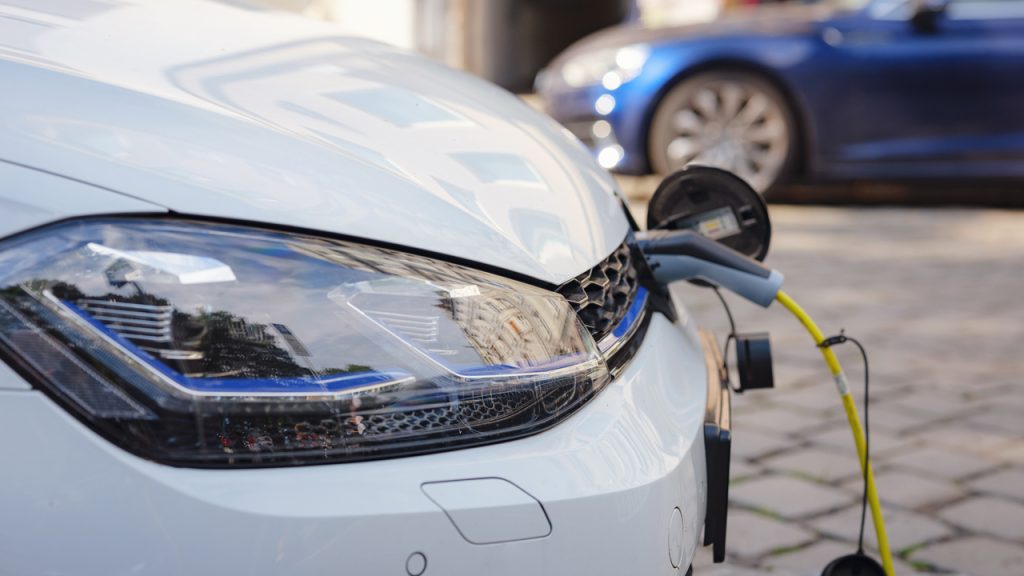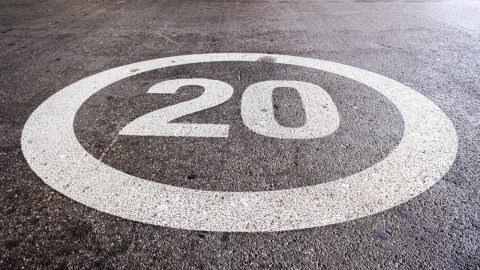Electric vehicles (EVs) have been at the forefront of the automotive industry’s shift towards sustainability and reduced carbon emissions. As governments worldwide strive to encourage the adoption of cleaner vehicles, various incentives and tax structures, such as the Vehicle Excise Duty (VED) in the UK, play a significant role. Recent developments have seen a freeze in VED rates for electric cars, a move that has implications for drivers, the automotive industry, and the broader push towards environmental sustainability. This blog explores what this freeze means for drivers, the potential impacts on EV adoption, and the broader implications for the automotive industry and environmental policy.
Understanding VED and Its Importance
Vehicle Excise Duty, commonly known as car tax or road tax, is a fee levied on the ownership of vehicles in the UK. The amount of VED one pays is traditionally based on the vehicle’s carbon dioxide (CO2) emissions, with higher-emitting vehicles incurring higher rates. Electric vehicles, known for their zero tailpipe emissions, have enjoyed low to no VED, making them an attractive option for environmentally conscious consumers and those looking to save on running costs.
The Freeze on VED for Electric Cars
The UK government’s decision to freeze VED rates for electric cars is a strategic move aimed at bolstering the adoption of EVs. By maintaining low taxation on electric vehicles, the government is effectively cushioning EV drivers from potential increases in running costs, making electric cars a more financially viable option for a broader range of consumers.
Implications for Drivers
For current and prospective EV owners, the VED freeze is unequivocally good news. It ensures that the cost advantage of driving an electric vehicle, at least from a taxation perspective, remains intact. This stability in running costs can be a significant factor for individuals and families considering the switch to electric, as it provides a level of financial predictability and security.
Boosting EV Adoption
The VED freeze serves as an incentive for consumers to transition to electric vehicles, aligning with broader environmental goals and carbon reduction targets. By making EVs more economically attractive, the government is accelerating the shift away from fossil fuel-dependent transportation. This is crucial in the context of climate change and urban air quality challenges, where electric vehicles offer a tangible solution.
Impact on the Automotive Industry
For the automotive industry, the VED freeze is a double-edged sword. On one hand, it supports the growing demand for electric vehicles, encouraging manufacturers to invest in and expand their EV offerings. On the other hand, it increases the pressure on manufacturers to accelerate their transition to electric drivetrains and phase out internal combustion engine models, a process that involves significant research and development costs, as well as retooling of manufacturing lines.
Looking Forward
The freeze on VED rates for electric cars is more than just a financial incentive for drivers; it’s a statement of intent from the government regarding the future of transportation. It highlights the critical role policy plays in shaping consumer behavior and industry trends. As we move forward, it will be essential to monitor the long-term effects of this policy on EV adoption rates, the automotive industry’s evolution, and the broader environmental impact.
In conclusion, the VED freeze for electric cars is a pivotal moment in the journey towards a more sustainable and environmentally friendly transportation system. It provides a clear benefit to drivers, encourages the adoption of cleaner vehicles, and supports the automotive industry’s shift towards electrification. As we embrace the electric revolution, policies like the VED freeze will be instrumental in steering both consumers and manufacturers towards a greener future.
From April 2025, electric vehicles in the UK will be subject to Vehicle Excise Duty (VED) for the first time. This includes cars, vans, and motorcycles that were previously exempt due to their zero-emission status.
The specific VED amount will depend on various factors, including when the vehicle was first registered. New zero-emission vehicles registered on or after 1 April 2025 will pay the lowest first-year rate, moving to a standard rate from the second year onwards. The current standard rate is £180 a year, but this could change by 2025.
The Expensive Car Supplement, which currently exempts electric vehicles, will end in 2025. Therefore, new zero-emission cars with a list price exceeding £40,000 registered on or after 1 April 2025 will be liable for this supplement.
Zero-emission vans will be taxed at the rate for petrol and diesel light goods vehicles, which is currently £290 a year for most vans. Zero-emission motorcycles and tricycles will move to the rate for the smallest engine size, currently £22 a year.
Despite the introduction of VED for EVs, the UK government intends to continue supporting the transition to electric vehicles through other means, such as company car tax incentives and investment in charging infrastructure.








